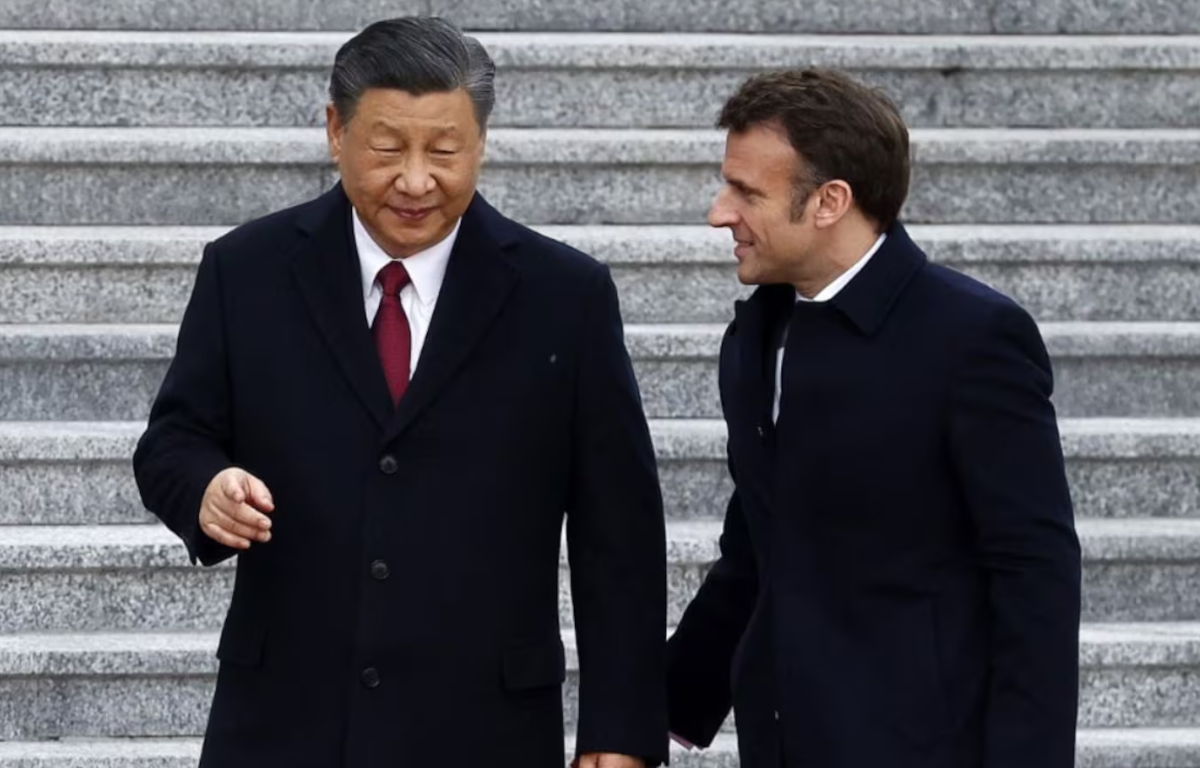
Italy’s initial involvement in the Belt and Road Initiative marked a significant shift in the country’s foreign policy. It made Italy the first G7 nation to officially endorse the BRI, which seeks to enhance global connectivity through a network of infrastructure projects spanning Asia, Europe, Africa, and beyond. The move, initiated under Italy’s previous government led by the Democratic Party, was met with both enthusiasm and skepticism.
However, with the rise of Giorgia Meloni and her right-wing coalition’s ascent to power, Italy’s stance on the BRI has shifted dramatically. Meloni’s party has consistently expressed concerns about the strategic and economic implications of Italy’s participation in the project. The decision to exit the BRI underscores a broader shift in Italian foreign policy.
One of the driving forces behind Italy’s reevaluation of its involvement in the BRI is the changing geopolitical landscape. Italy, like many other Western countries, is becoming increasingly wary of China’s growing influence in Europe and the potential risks associated with it. Concerns about Chinese economic coercion, intellectual property theft, and human rights abuses have been mounting on the international stage.
Meloni’s government has cited these concerns as a primary reason for reconsidering Italy’s position within the BRI. They argue that maintaining a strong stance against China’s economic expansion is essential to safeguard Italy’s sovereignty and national interests.
Exiting the Belt and Road Initiative does come with economic consequences for Italy. The BRI was initially seen as an opportunity to boost Italy’s economy by gaining access to Chinese investments and markets. Some Italian companies and regions have benefitted from infrastructure projects and trade opportunities resulting from the BRI.
However, critics of Italy’s involvement argue that the economic benefits have been overstated and that the long-term risks, including debt dependency and loss of control over critical infrastructure, outweigh the short-term gains. Meloni’s government is now exploring alternative strategies to strengthen Italy’s economic ties with other global partners while minimizing reliance on China.
Italy’s decision to exit the Belt and Road Initiative is expected to have repercussions on its diplomatic relations with China. The Chinese government has expressed disappointment with the move, and it remains to be seen how this will impact bilateral ties between the two nations. Italy, in turn, will need to carefully navigate this diplomatic shift and consider its long-term strategic interests.
Giorgia Meloni’s announcement that Italy plans to exit the Belt and Road Initiative is a significant development in both Italian and global politics. It reflects Italy’s changing foreign policy priorities, concerns about China’s growing influence, and the need to protect national interests. As Italy begins the process of disengagement from the BRI, the world will be closely watching how this decision impacts its economic and diplomatic relations with China and other nations. The move underscores the complexity of navigating global geopolitics in an increasingly interconnected world.










Share this: